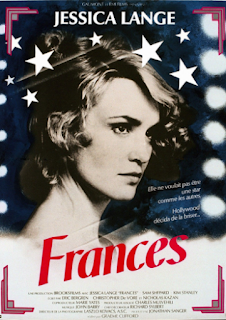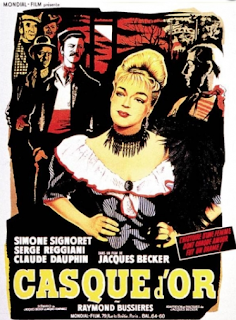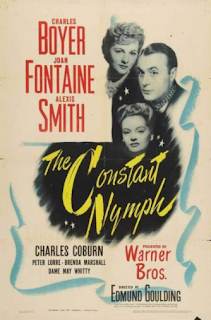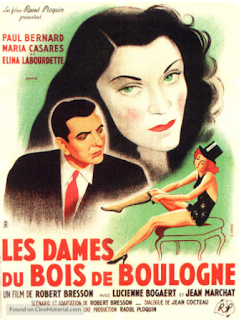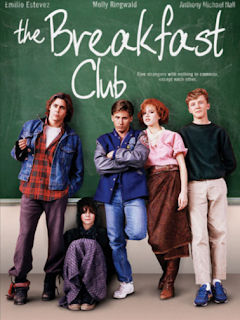Crossfire (1947)
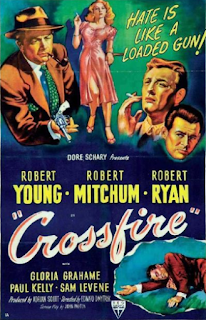
Crossfire is an interesting movie for two reasons: the first one is that it is the first B movie to receive an Oscar nomination for Best Picture; the second one is that it is a social message film and a noir thriller at the same time. Nowadays, it's a rarely remembered movie but to be fair a certain importance should be acknowledged to it, because it is an example of how a relatively low-budget film can still be stylistically and aesthetically remarkable and also because of its attempt to treat a socially significant matter within the story of a murder mystery. That said, it's not a movie that achieves everything it sets out for itself and it's also one that has clearly suffered from the passing of the years. But its ambition is still worthy of praise and respect. The story begins with the beating and killing of Joseph Samuels (Sam Levene) at the hands of two men in his own apartment. Samuels, a discharged soldier, was a Jew. Police captain Finlay (Robert Young) is...
